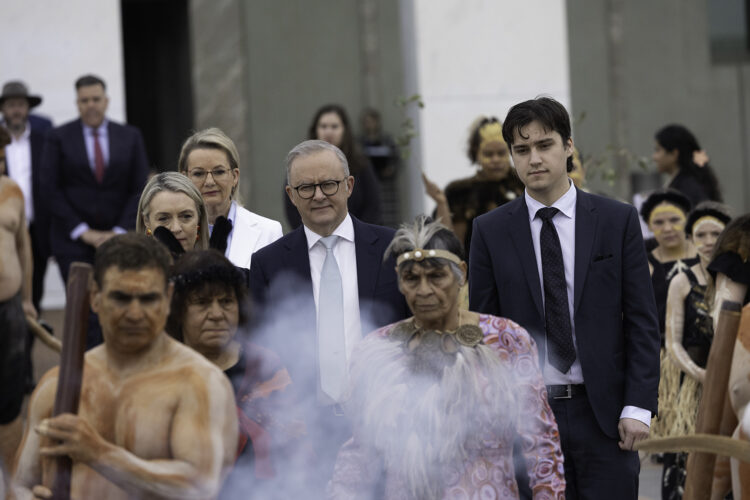The Trump administration is more concerned with the quality of trade agreements than their timing, US Treasury Secretary Scott Bessent has said ahead of an August 1 deadline for nations to secure trade deals or face steep tariffs.
“We’re not going to rush for the sake of doing deals,” Bessent told US broadcaster CNBC.
Asked whether the deadline could be extended for countries engaged in productive talks with Washington, Bessent said US President Donald Trump would decide.
“We’ll see what the president wants to do. But again, if we somehow boomerang back to the August 1 tariff, I would think that a higher tariff level will put more pressure on those countries to come with better agreements,” he said.
Trump has upended the global economy with a trade war that has targeted most US trading partners, but his administration has fallen far short of its plan to clinch deals with dozens of countries.
Negotiations with India, the European Union, Japan, and others have proven more trying than expected.
White House press secretary Karoline Leavitt told reporters Trump could discuss trade when he meets with Philippine President Ferdinand Marcos Jr at the White House on Tuesday.
She said the Trump administration remained engaged with nations around the world and could announce more trade deals or send more letters notifying countries of the tariff rate they faced before August 1, but gave no details.
Leavitt’s comments came as European Union diplomats said they were exploring a broader set of possible counter-measures against the US, given fading prospects for an acceptable trade agreement with Washington.
An increasing number of EU members, including Germany, are now considering using “anti-coercion” measures that would let the bloc target US services or curb access to public tenders in the absence of a deal, diplomats said.
“The negotiations over the level of tariffs are currently very intense,” German Chancellor Friedrich Merz told a press conference. “The Americans are quite clearly not willing to agree to a symmetrical tariff arrangement.”
On China, Bessent said there would be “talks in the very near future”.
“I think trade is in a good place, and I think, now we can start talking about other things. The Chinese, unfortunately … are very large purchasers of sanctioned Iranian oil, sanctioned Russian oil,” he said.
“We could also discuss the elephant in the room, which is this great rebalancing that the Chinese need to do.” US officials have long complained about China’s overcapacity in various manufacturing sectors, including steel.
Bessent told CNBC he would encourage Europe to follow the United States if it implements secondary tariffs on Russia.
The Treasury chief, who returned from a visit to Japan on Sunday, said the administration was less concerned with the Asian nation’s domestic politics than with getting the best deal for Americans.
Japan’s chief tariff negotiator departed for trade talks in Washington on Monday morning, his eighth visit in three months, after the ruling coalition of Japanese Premier Shigeru Ishiba suffered a bruising defeat in upper house elections shaped in part by voter frustration over US tariffs.
Indian trade negotiators returned to New Delhi after almost a week of talks in Washington, but officials were losing hope of signing an interim trade deal before the August 1 deadline, government sources said.
